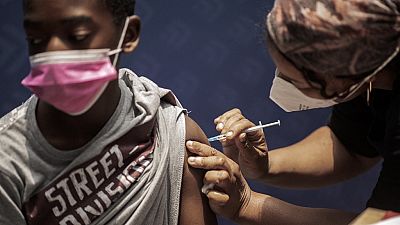COVID-19
Shortness of breath, heart rate abnormalities, and Type 2 diabetes have been identified as conditions that can emerge between one to five months after testing positive for covid 19. This is according to a new study by US Centers for Disease Control and Prevention (CDC).
Over 338 000 respondents under the age of 20 and another group of 1,790,886 who were above 20 were studied for the research which aimed at identifying the possible health issues that can emerge.
The team found that some of the respondents they followed who tested positive for COVID-19 were hospitalised due to the severity of their symptoms, while others could be managed at home.
Even though these conditions were found to be more common among those who tested positive but were not hospitalised compared with those who tested negative, the difference, however, was not major.
On the other hand, anxiety and depression were more common among the younger age groups, who tested positive for COVID-19 as compared to those who tested negative.
In people who tested positive and whose symptoms were so severe they needed mechanical ventilation, they were more likely to suffer from nerve and muscle pain as well as trouble sleeping – even five months after their initial positive test – when compared with the control group who tested negative.
It is not clear how COVID-19 is causing these ongoing symptoms. However, Some theories refer to an overstimulation of the immune system during initial infection, which then becomes difficult to turn off. The immune system then starts attacking healthy body tissue including the pancreas, heart and lungs, increasing the risk of diabetes, heart conditions and shortness of breath.
The researchers are however calling for the need for healthcare professionals and patients to monitor for the development of new symptoms and conditions beyond the first month after SARS-CoV-2 infection, particularly for individuals who required hospitalisation for acute COVID-19.













Go to video
What to know about the COVID variant that may cause 'razor blade' sore throats
Go to video
WHO approves landmark pandemic agreement to improve response in event of future pandemic
Go to video
Nigeria completes $3.4 Billion IMF COVID-19 loan repayment, faces ongoing annual charges
01:02
WHO member countries draft landmark preparedness treaty for next pandemic
Go to video
Mauritius: Ex-finance minister released on bail after corruption charges
11:22
Marking five years since COVID-19 was declared a pandemic